Japan has always been a mysterious country for Europeans. Probably because the Japanese think differently than we do. And this can be seen by considering the period of the Tokugawa reign.
At that time, at the beginning of the 17th century, Japan finally turned into a single state. Although it consisted of about 250 various feudal principalities. There was an emperor, the Mikado. He played a purely symbolic role - he spoke at religious holidays, at ceremonies and nominally signed documents. What is called "face trading". Almost complete and undivided power was in the hands of the shogun.
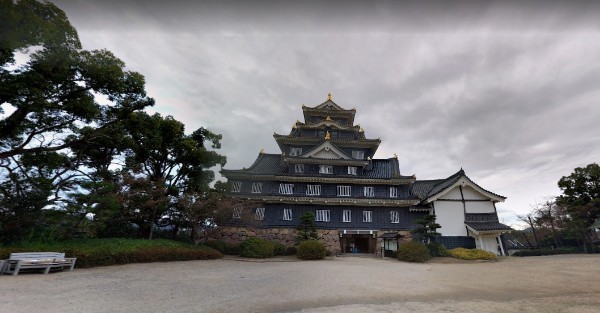
In Japan, the feudal system prevailed, and the largest feudal lord was the Tokugawa clan, whose name was later named at the time of the dictatorship. You can't call it otherwise. All power, all privileges and liberties were concentrated in the hands of the top, that is, the largest and richest feudal lords. Peasants, the main labor force of the country, were equated with slaves. No, even more. than slaves, because the latter have some liberties, and the Japanese peasant was deprived even of the right to think.
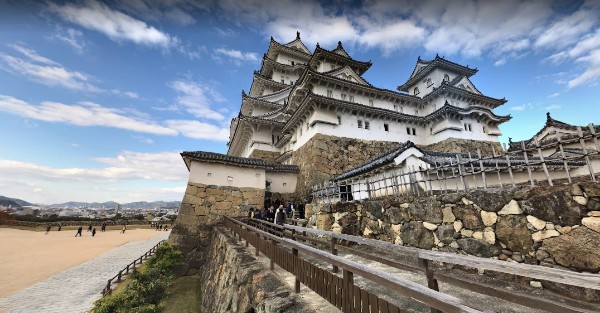
The law, created by the ruling elite, clearly prescribed that the peasant should eat, what to wear, what to do. One of the most ridiculous was the prohibition to visit each other.
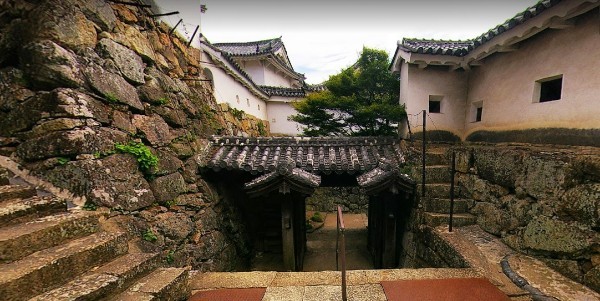
The only ones who felt even a little at ease under such a rule were the merchants. The truth is said that these people will not miss their own anywhere and will find profit everywhere. So in Japan, they were able to put the feudal lords in some kind of dependence on themselves, so they were forgiven liberties and easy violation of the law. For example, the ban on luxury.
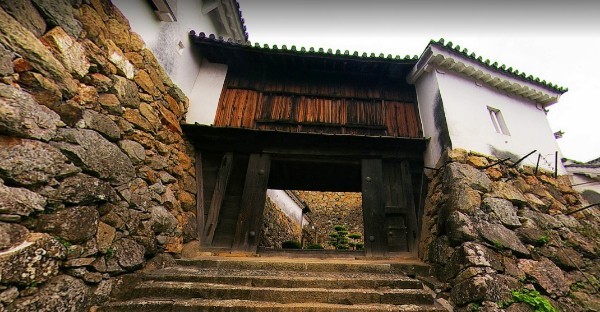
In fear of losing his influence and power, the shogun completely closed Japan to foreigners and forbade the Japanese from building large ships under pain of death. The uprisings that broke out here and there and clearly indicated the discontent of the people were brutally suppressed. But the uprisings continued. They could be compared with rashes on the skin, more and more clearly indicating the presence of the disease.
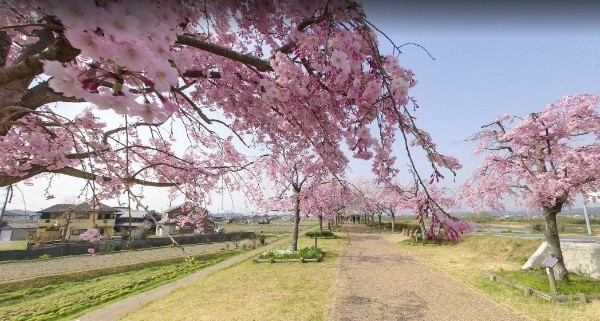
Soon the power of the shogun was shaken, propped up from two sides - the oppressed classes, who did not want to put up with their fate, and foreigners who did not want to lose such a strategically advantageous country from their circulation. In the 19th century, Japan was forcibly “discovered”.
Then there was a lot of unrest and political decisions, but the result is obvious. Today Japan is an independent and prosperous country with a clear foreign policy and centuries-old traditions.